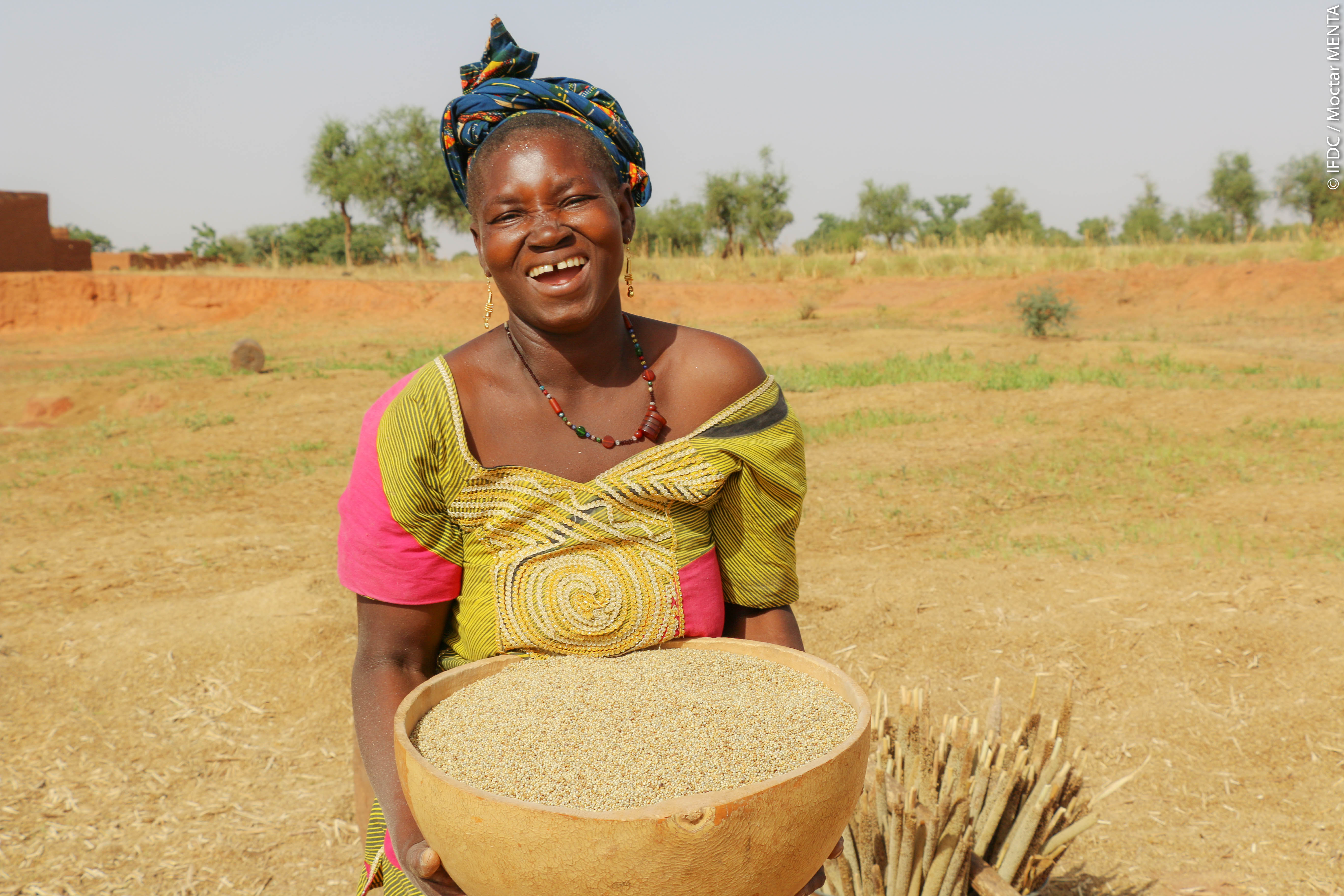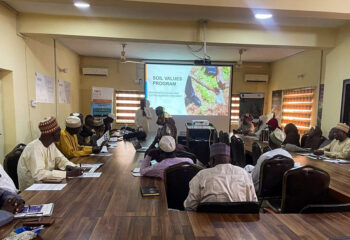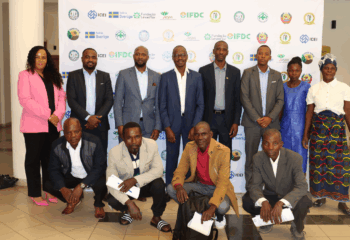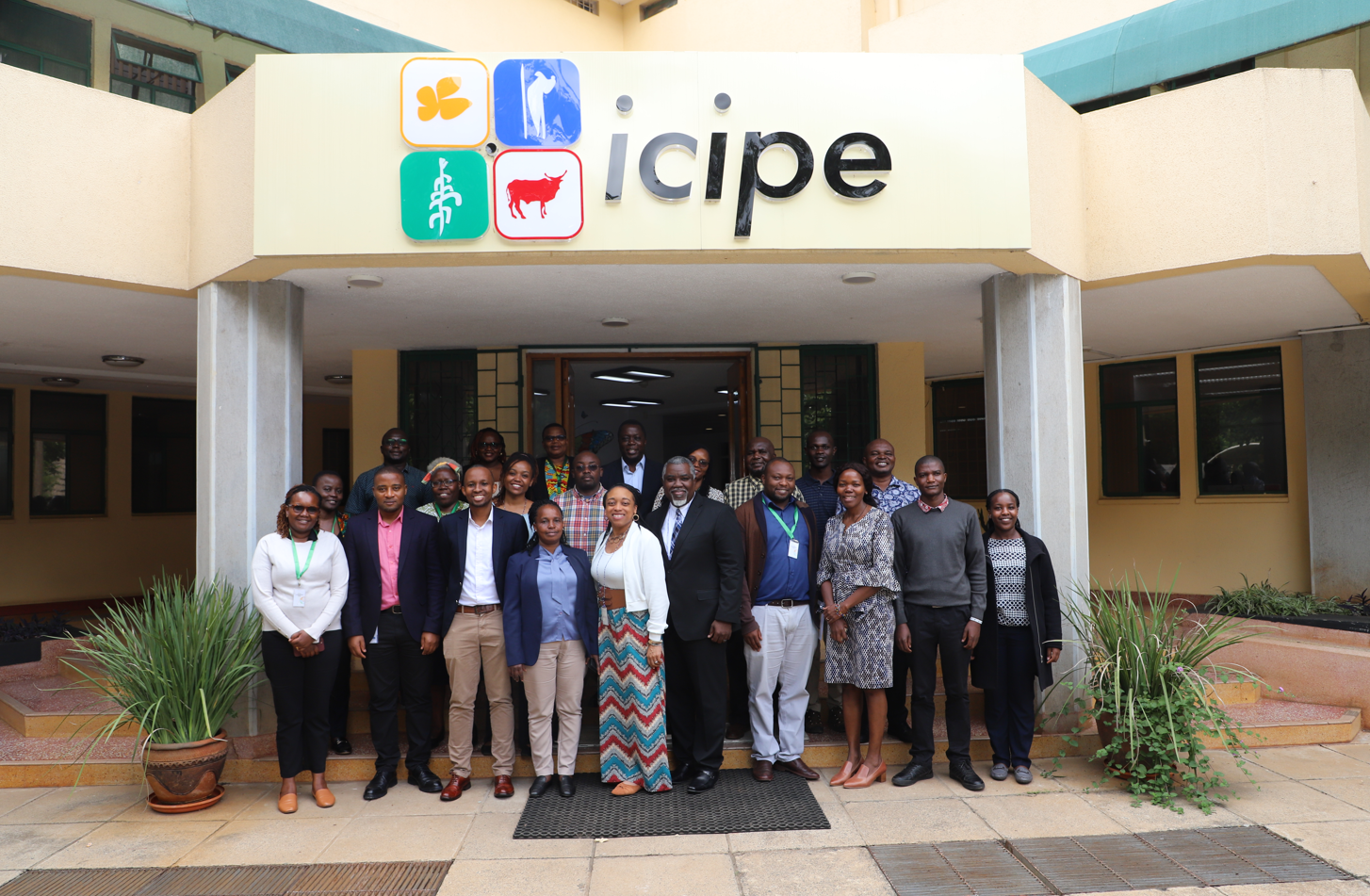If anyone ever tells you that fertilizer is sexy, don’t believe them. We are passionate about fertilizer, but it’s not sexy.1 While helping the impoverished around the world is popular right now, fertilizer certainly isn’t. While providing people with food is beneficial, many people tend to forget that fertilizer is completely necessary for ensuring food security around the globe. Farmers need fertilizer.
So we have to change the way we think about fertilizers. Uncomfortable words such as triple superphosphate, urea, and potash must become synonyms for hope, prosperity, and progress.
Why? In the next 35 years, the world population will increase by at least 2 billion people, requiring farmers to grow 70 percent more food on the same amount of land. Bill Gates has noted that if we stopped using chemical fertilizers, more than 2.5 billion people would starve – and experts such as Vaclav Smil agree. To feed this many people, getting the right fertilizers into the hands of smallholder farmers is vital – and IFDC, among other things, does just that.
Should farmers simply use massive amounts of fertilizers? Definitely not. That would cost too much, and we already see the environment struggling because of our overuse of nitrogen (air fertilizer) and phosphorus (rock fertilizer). Plants don’t take up everything in their surrounding soil, so no matter how much fertilizer we put in the ground, many plants only take up a small percentage of nutrients. Current fertilizers just aren’t as efficient as you would think. After all, most of the fertilizer in use today is based on 50-year-old technology, but we are taking steps in the right direction.
To keep taking those steps and helping farmers grow more food, public understanding of and sentiment regarding fertilizer must improve. This can be found most easily in how balanced fertilizer use is helping (along with other approaches) impoverished farmers around the world.
Just like your favorite cereal as a kid was “part of this complete breakfast,” fertilizer is part of a complete, holistic approach to improving smallholder agriculture. Through this approach, IFDC helps farmers learn to run their farms as agriculturally advanced businesses; they are growing more food, rising from poverty and living healthier and more successful lives because they have access to and knowledge of new fertilizer technology.
A globally healthier future necessitates fertilizer – sexy or not. It is crucial for us to strive towards enhancing our understanding of fertilizer and utilize that knowledge to innovate new technology that can withstand and respond to climate change while also maximizing yield productivity. This will benefit impoverished farmers and provide nutritious diets for even the poorest in the world.
Because fertilizer alone can’t solve the problems of smallholder farmers across the world, the “What Farmers Need” series will also focus on other tools and technologies necessary for improving global food and nutrition security. Keep an eye out on our social media channels for new blogs and be sure to follow us on Twitter @IFDCglobal.
1: During his remarks following the Feed the Future Food Security Expo in Senegal on June 28, 2013, U.S. President Barack Obama commented, “[M]illet and maize and fertilizer doesn’t[sic] always make for sexy copy…”




